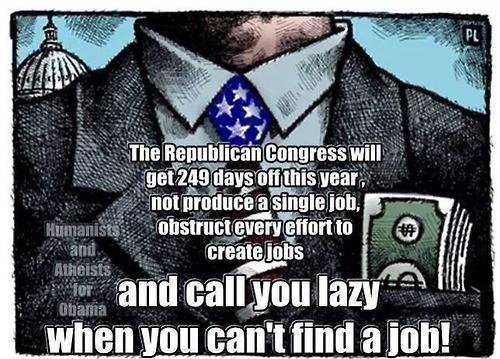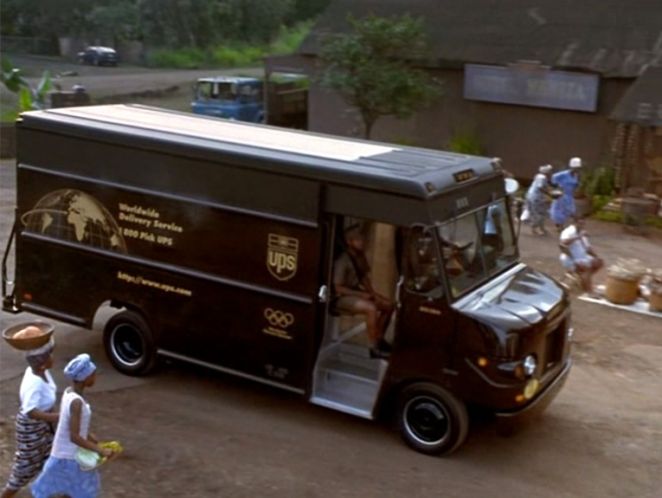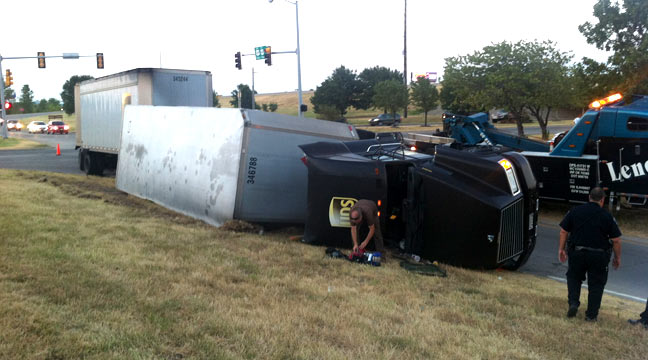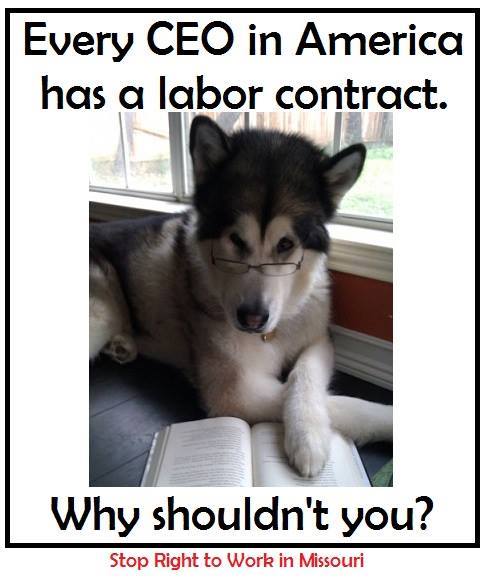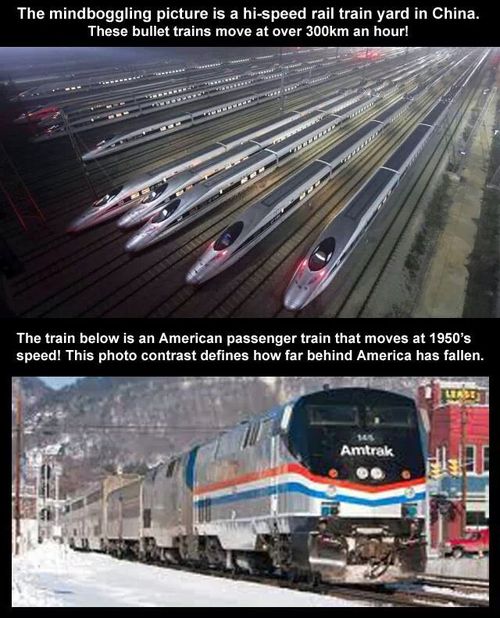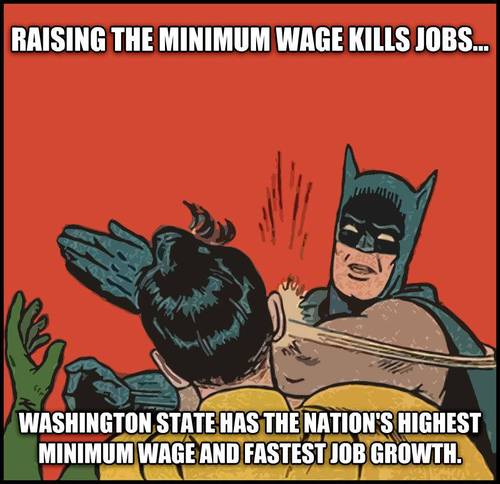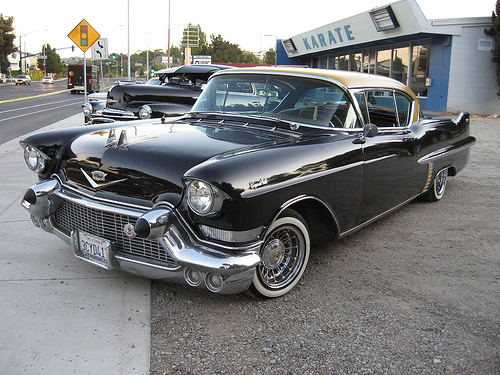UPS is very proud of the awards they receive and of those given to management people for good deeds done off the job. I say it’s time to bring this good deed doing home. Here are some awards I’d like to see given for extraordinary service and concern show while on the job.
Leadership Award. This distinction goes to the manager who leads by example rather than running after his group with the discipline stick. The gold goes to the manager who best exemplifies the teachings of Jim Casey and creates a productive environment. It rewards the manager who can communicate the goals of the center in a way that makes the drivers want to achieve them.
Lowest Paid Day Award. This honor goes to the manager who gets his drivers home the earliest to be with their families over a one-month period. More moms and dads at the supper table every night, more time together as a family, now that’s worthy of an award.
Build a Better Team Award. This prize goes to the manager who can develop his people to do a better job than he did himself. He encourages, challenges, rewards. Most managers are scared to death of this concept, clinging to the notion that they are the best driver they have ever seen and no one else will ever measure up. And they make sure no one ever does.
Most Days Off Award. Only two things motivate drivers, pay and time off. The Teamster contract guarantees our pay; this accolade goes to the manager who did the most to motivate his team with extra days off.
Clean Hands Award. This is a hard badge to win, but it goes to the center that had the fewest number of preload supervisors doing the work of the hourly employees. Preload supervisors look just like preloaders every morning, dirty and tired, and the clean hands award would reward those supes that actually supervised their employees in accordance with the contract instead of doing their work.
Violation Free Award. This bestowal goes to the center with the fewest contract violations in a month. No supervisors working, no nine-five grievances, no Wiengarten Rights denied, no disrespect, no shame or humiliation. Respect for the contract builds respect on the shop floor. A manager that flaunts his disrespect for the union, will not win the respect of the workers.
People Before Profit Award. This gold star is given to the management team that goes out of its way to show that people are more important than record profits. This award cannot be earned by a single act of conscience, but must be won by constant demonstration that people matter. Putting people first empowers the workers to succeed. Putting profit first empowers only the stockholder and undermines the daily operations.
Thank You Award. This goes the center manager who can say “thank you” without choking. Thanks for coming in, thanks for working safely, thanks for getting the job done, thanks for using the methods, thanks for doing your best. This manager sets goals that are achievable, builds morale and imparts a sense of importance to the workers. He makes the worker feel important to the company and important to the customer.
Good Listener Award.This award goes to the management team that listens to what the drivers have to say and acts on those ideas and concerns. A winning manager has to like people and communicate well. This can’t be faked. They must encourage people to tell them what’s going on and give feedback about what they are thinking about the company and their role in it.
Sense of Humor Award. Managers take themselves and their jobs way too seriously. This prize goes the boss who enjoys his work. Sometimes called the shit happens award, this award goes to the manager who issues the least discipline because he encourages his workers to take initiative, then backs them up if they make a mistake. If you want workers to act responsibly, you have to treat them responsibly. If they make a mistake, they shouldn’t fear retribution. Have a laugh and learn.

